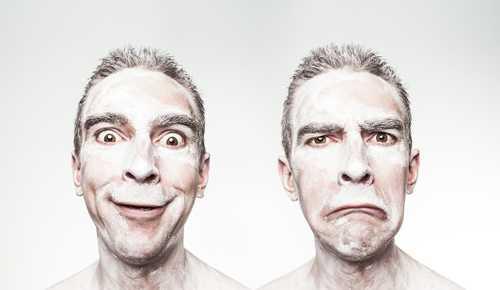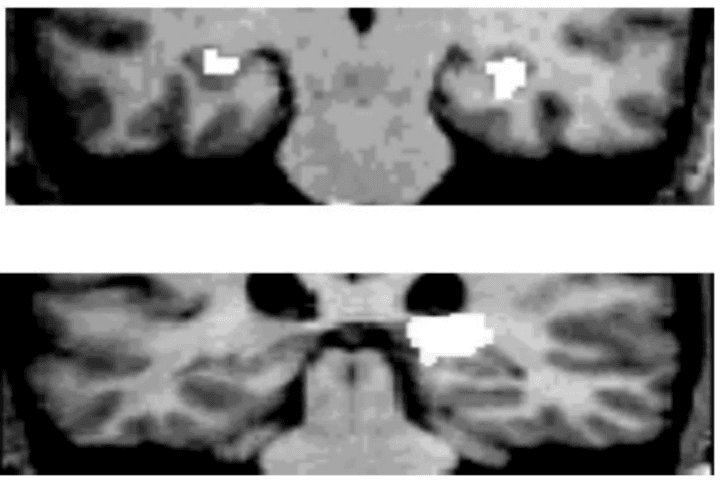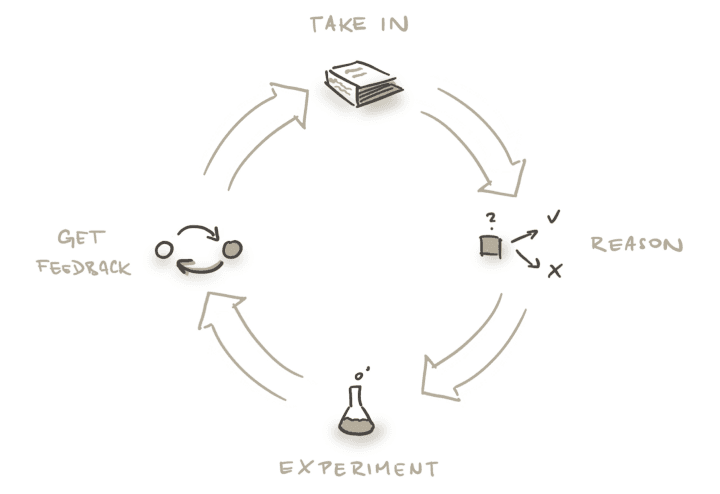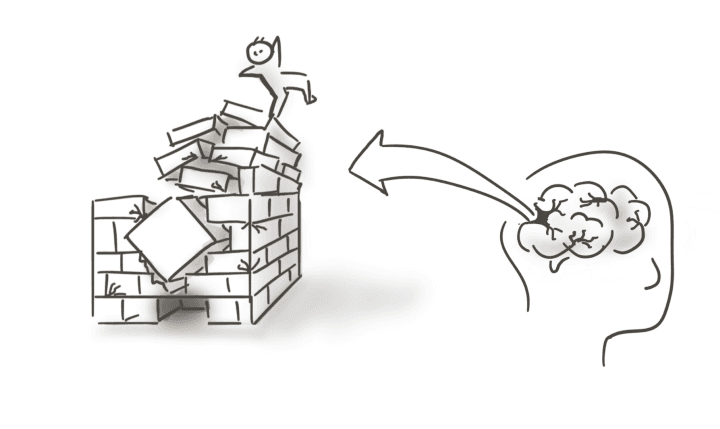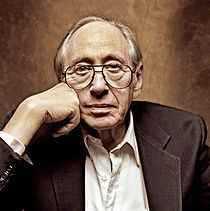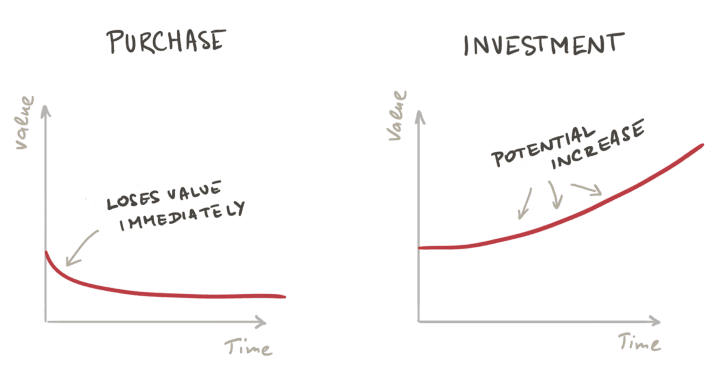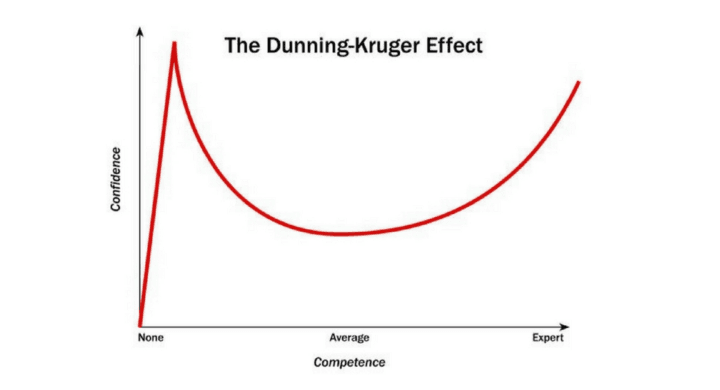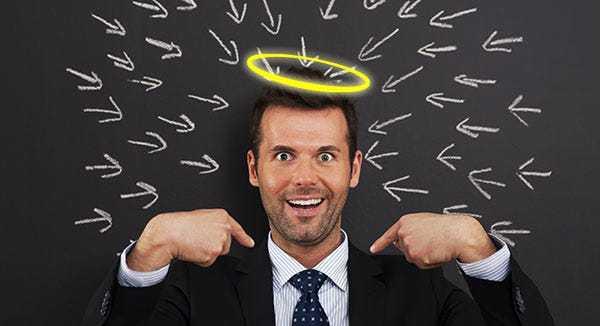Most People Think This Is A Smart Habit, But It's Actually Brain-Damaging
Curated from: seminal.lpages.co
Ideas, facts & insights covering these topics:
12 ideas
·21.6K reads
133
Explore the World's Best Ideas
Join today and uncover 100+ curated journeys from 50+ topics. Unlock access to our mobile app with extensive features.
Bad learning = brain damage
A knock on the head isn’t the only way to “impair” our brains. Brain damage can be caused by anything that physically changes our brains in a way that makes us less intelligent or functional. Like a lot of self-learning: news or superficial articles that confirm our biases.
356
3.53K reads
Our 🧠 physically changes when we learn
Researchers found that certain parts of the brain of London taxi drivers who completed the training process were significantly larger than aspiring drivers who dropped out of the training program.
This shows that the training program was the cause of the growth. 🤯
302
1.7K reads
Assuming that all learning is inherently good
Just like eating McDonald’s doesn’t make us healthier, “junk” or “fake” learning doesn’t make us smarter. In fact, this kind of learning actually makes us dumber.
315
1.84K reads
How Learning Works
Learning is a circular process:
- Taking in information,
- Reasoning with that information
- Experimenting in the real world,
- Getting feedback ...
... and then taking what learn to go through the cycle again.
417
1.63K reads
Junk learning is like a disease
Each new thing we learn is like adding a new brick to a building and then cementing it to other bricks to create a knowledge structure.
When we’re collecting bad ideas, we are adding shoddy bricks on a poor foundation. Our reasoning is going to be bad and we will suffer.
339
1.45K reads
ALVIN TOFFLER
441
4.03K reads
When it comes to knowledge, think like an investor
Most information out there will be outdated in months, and it will be a bad strategy to base your knowledge on easily perishable blocks.
The strategy here is to consume information that has passed the test of time. A classic book will be more valuable than the latest New York Times №1 bestseller. Don't consume, invest.
408
1.38K reads
Dunning - Kruger Effect
In learning any new domain, our confidence is actually highest when we start. Dunning and Kruger found that when we don’t know what we don’t know, we overestimate our abilities.
As philosopher Bertrand Russell famously put it: “The trouble with the world is that the stupid are cocksure and the intelligent are full of doubt.”
409
1.46K reads
Confirmation Bias is not Learning
When we only hear opinions that confirm our beliefs, our learning is incremental at best. Like our social media bubble: We read the same sites, listen to the same friends (who agree with us!), and watch the same news over and over, which only confirms what we already believe.
We learn the most by proving ourselves wrong, not by proving ourselves right.
380
1.11K reads
Assimilate or Accommodate
When we are exposed to new information, we adapt to it in one of two ways:
- Assimilation — We use our existing base of knowledge to understand a new object or situation.
- Accommodation — We realize that our existing base of knowledge does not work & we change it to deal with a new situation.
Jean Piaget, one of the greatest psychologists, showed that we grow our knowledge when we transform our thinking to be able to accommodate external knowledge that doesn’t fit.
360
963 reads
The Halo Effect
It's a cognitive bias that makes us trust a person’s advice in one area of life simply because they are an expert in another area.
It’s like buying a Lincoln car because Matthew McConaughey drives one in a Superbowl ad. Or listening to a famous painter giving her grand plan for re-engineering society.
331
1.19K reads
Over-specialization can limit us
Being too specialized can hurt future learning if done alone. Supplement by spending more of your time learning fundamental knowledge that doesn’t change.
330
1.35K reads
IDEAS CURATED BY
Angel 's ideas are part of this journey:
Learn more about health with this collection
How to find common interests
How to be a good listener
How to overcome social anxiety
Related collections
Similar ideas
2 ideas
How the Brain Changes with Expertise
scotthyoung.com
7 ideas
A Beginner's Guide on How to Eat Healthy and Stick to It
jamesclear.com
5 ideas
How to read the news like a scientist
ideas.ted.com
Read & Learn
20x Faster
without
deepstash
with
deepstash
with
deepstash
Personalized microlearning
—
100+ Learning Journeys
—
Access to 200,000+ ideas
—
Access to the mobile app
—
Unlimited idea saving
—
—
Unlimited history
—
—
Unlimited listening to ideas
—
—
Downloading & offline access
—
—
Supercharge your mind with one idea per day
Enter your email and spend 1 minute every day to learn something new.
I agree to receive email updates
